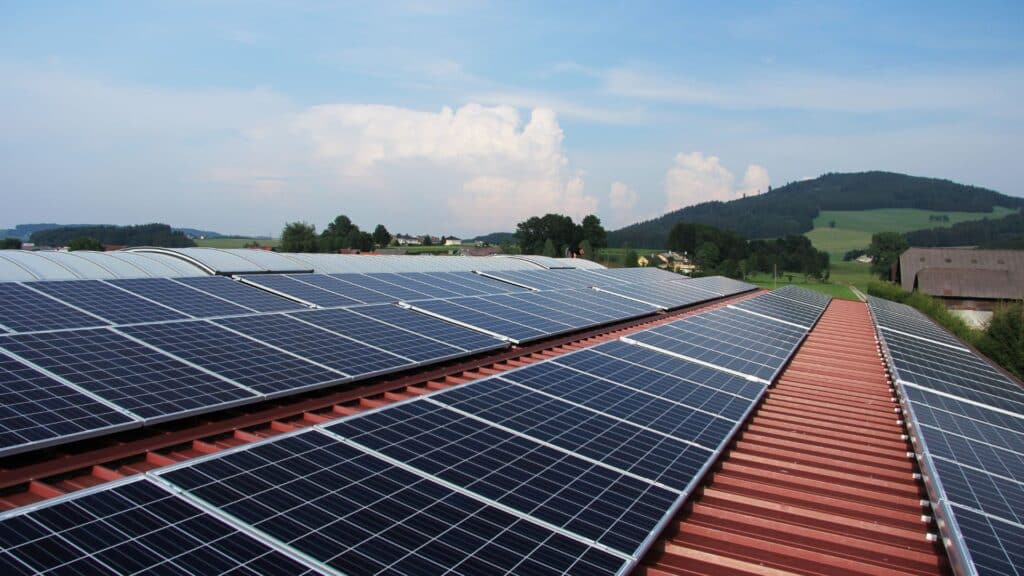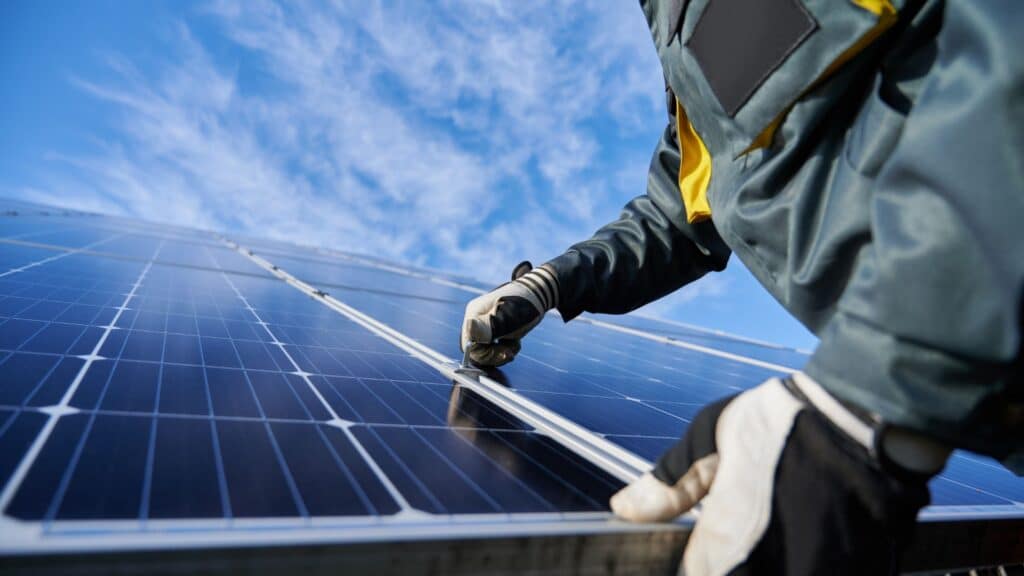The shift towards renewable energy sources is gaining momentum, with solar panels leading the charge. As homeowners across the globe recognize the environmental and economic benefits of solar energy, understanding the various financing options available becomes paramount. This blog post aims to shed light on these options, helping you make an informed decision about how best to finance your solar panel installation.
Initial Costs of Solar Panel Installation

Installing solar panels is a significant investment, with costs varying widely based on the size of the installation, geographic location, and the chosen technology. While the initial expense can be substantial, ranging from a few thousand to tens of thousands of dollars, it’s important to view this as an investment in your home’s future value and in reducing future energy bills.
Government Incentives and Tax Credits
Thankfully, various government incentives and tax credits can significantly reduce the upfront cost of solar panels. The federal solar investment tax credit (ITC) allows homeowners to deduct a percentage of their solar costs from their taxes, providing substantial savings. Additionally, many states offer their own incentives, including rebates and tax breaks, making solar energy more accessible. To take advantage of these incentives, it’s crucial to understand the specific qualifications and application processes, which can often be navigated with the help of your solar installer.
Solar Loans
Solar loans have emerged as a popular financing option, offering a way to spread out the cost of solar panel installation over time. These loans can be secured, using your home as collateral, or unsecured, which doesn’t require collateral but may come with higher interest rates. Each type has its advantages and considerations, with secured loans typically offering lower interest rates and longer terms, while unsecured loans provide quicker qualification without the risk of using your home as collateral.
Solar Leases and Power Purchase Agreements (PPAs)
For those hesitant to purchase solar panels outright, solar leases and PPAs present an attractive alternative. Under a lease, you pay a fixed monthly fee to use the solar energy system, while PPAs charge you per kilowatt-hour of electricity generated. These options eliminate many of the upfront costs and maintenance responsibilities but also mean you don’t own the system outright, which can affect the long-term financial benefits and potential increase in home value.
Home Equity Loans and Lines of Credit
Using home equity to finance solar panel installation can be advantageous, offering low-interest rates and potential tax deductions on interest payments. Home equity loans provide a lump sum with fixed interest rates, while home equity lines of credit offer flexible borrowing with variable rates. However, it’s important to consider the risks, as defaulting on payments could endanger your home ownership.
Community Solar Projects
Community solar projects offer an innovative financing model, allowing multiple individuals to benefit from a single, shared solar power installation. This option is especially appealing for those with unsuitable roofs or renters who still wish to harness solar energy. While community solar can provide cost savings and environmental benefits, it’s important to research and understand the specific terms and conditions of participation in these projects.
Payback Period and Return on Investment (ROI)
The financial viability of solar panels isn’t just about the initial costs and savings; understanding the payback period and overall ROI is essential. Several factors influence these metrics, including energy costs, system efficiency, and available incentives. Online calculators and professional assessments can provide estimates, helping you gauge the long-term financial benefits of your solar investment.
Making the Right Choice
Choosing the best financing option for solar panel installation requires careful consideration of your financial situation, energy needs, and long-term goals. Consulting with a financial advisor or solar consultant can provide clarity, ensuring that you select a financing route that aligns with your objectives. Before finalizing your decision, consider interest rates, loan terms, and any potential impact on future property sales.
Navigating the financing options for solar panel installation can seem daunting, but understanding the available pathways can significantly enhance the affordability and accessibility of solar energy. By carefully evaluating each option and leveraging government incentives, homeowners can enjoy the environmental and financial benefits of solar energy without bearing an overwhelming upfront cost. If you’re considering solar panels for your home and need guidance on financing options, Advosy is here to help. Our team of experts can provide the insight and support you need to make an informed decision, ensuring that your transition to solar energy is smooth and beneficial. Contact us today to explore how solar energy can transform your home and financial future.


